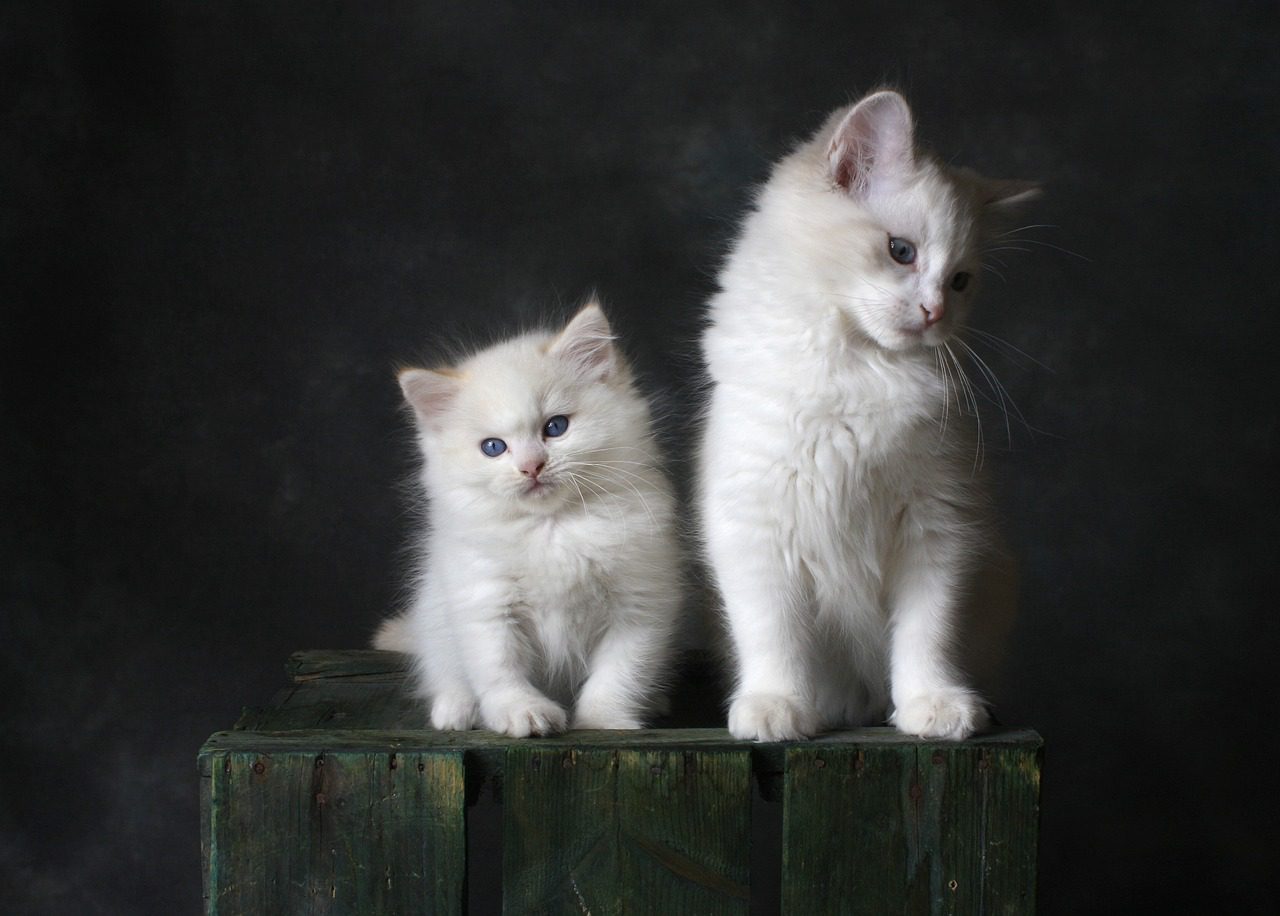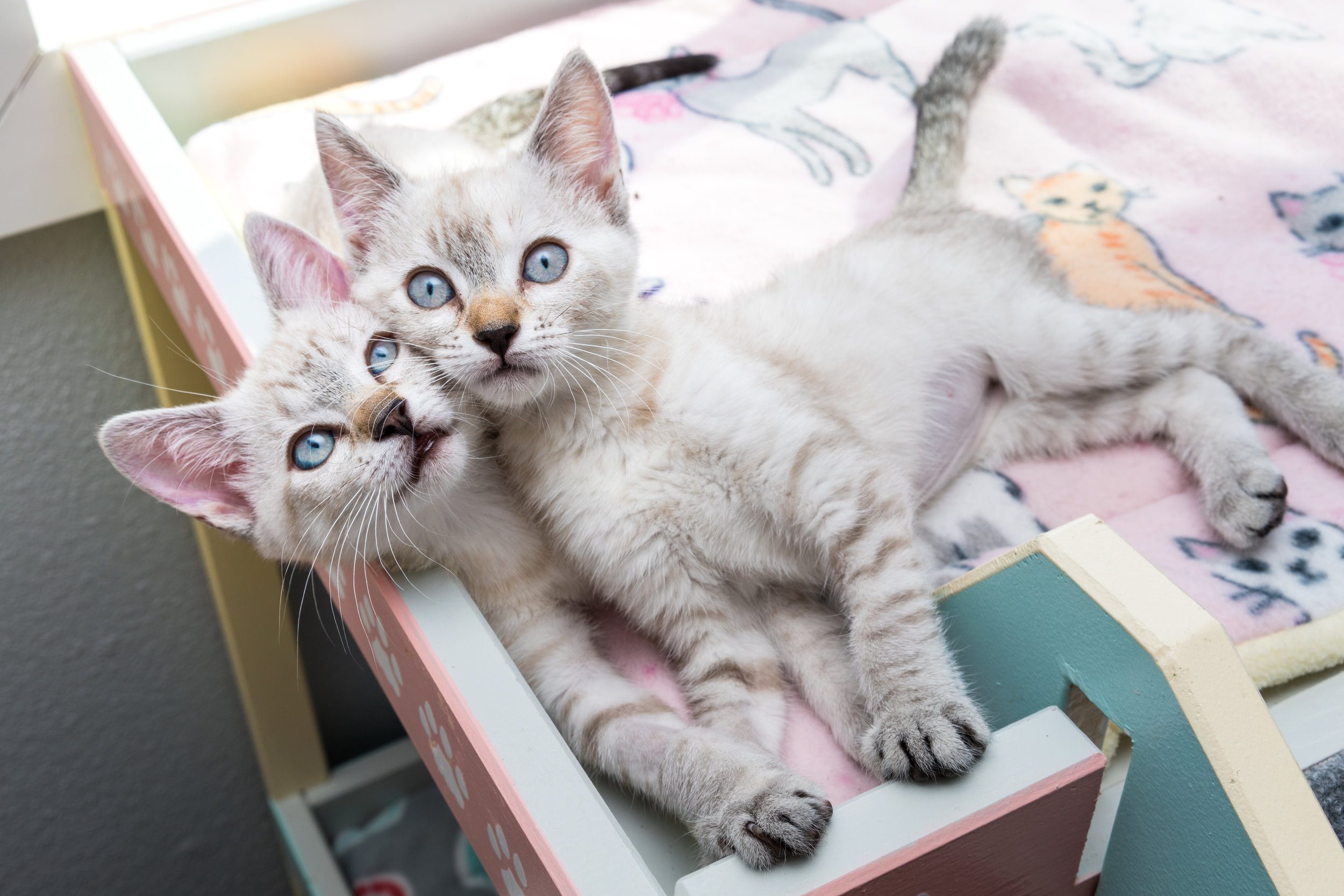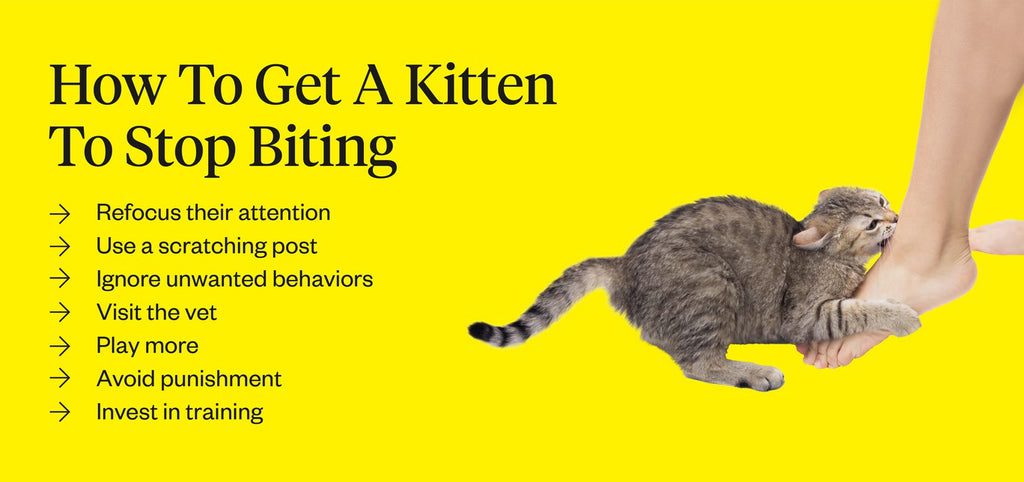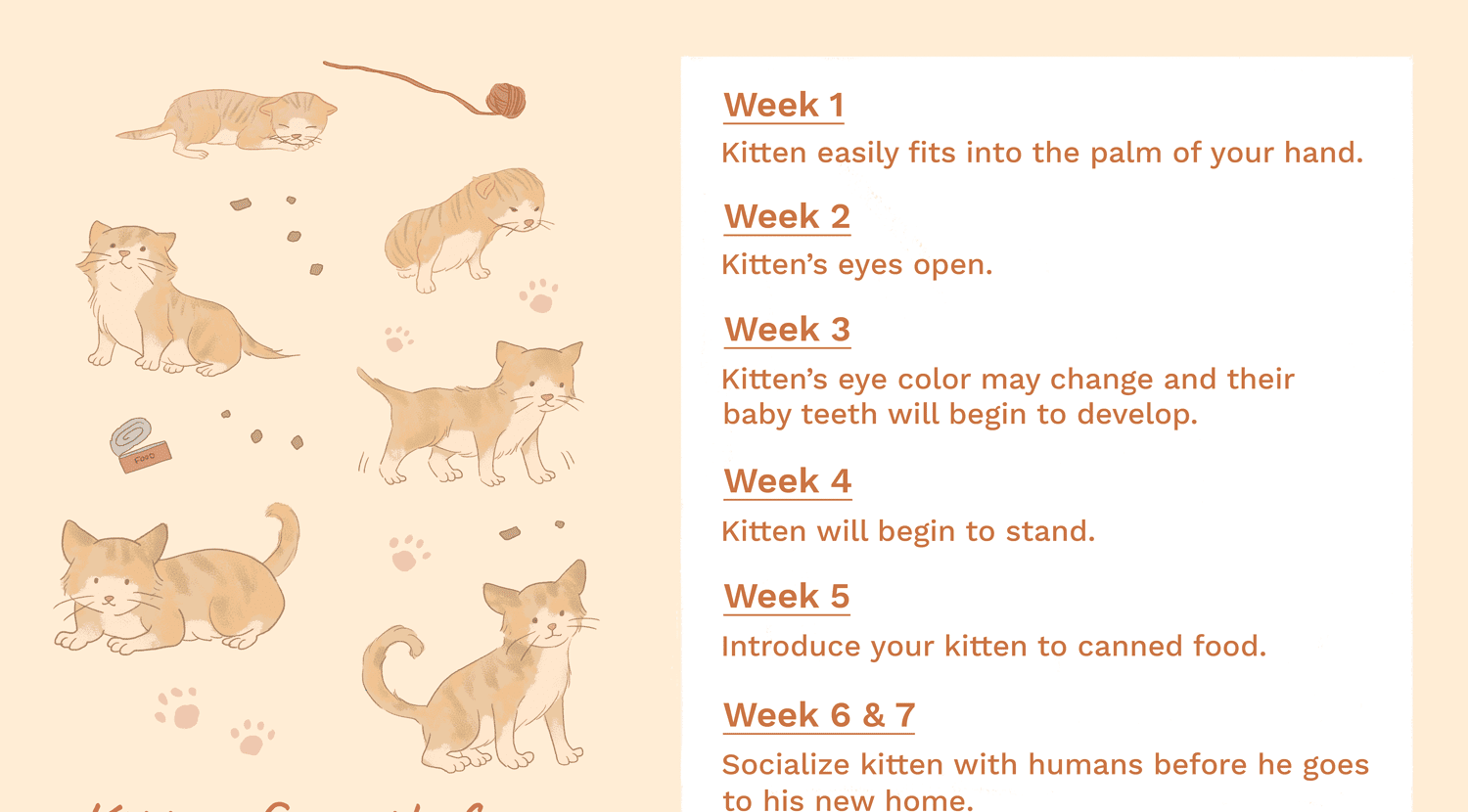Discover why adult cats may not always want to play and what factors can contribute to this change in behavior. From natural maturity to possible health issues or environmental stressors, understanding these reasons can help you better care for your feline friend.
Key Takeaways:
- Adult cats may not play as much as kittens, but they still need mental and physical stimulation to stay healthy.
- Cats are natural predators, so engaging in play helps satisfy their hunting instincts.
- Providing a variety of toys and interactive play sessions can encourage your adult cat to be more active and playful.
- Understanding your cat's preferences and finding the right type of play that they enjoy can increase their interest in playing.
- Creating a stimulating environment with scratching posts, climbing trees, and hiding spots can also encourage your adult cat to engage in play.
Why don't adult cats always want to play?
Understanding the change in behavior
As cats grow from kittens into adult cats, their energy levels and interests can change. While kittens are known for their playful nature, adult cats may not always have the same desire to play. This is perfectly normal and can be attributed to a variety of factors.
One reason why adult cats may be less interested in playing is because they have simply outgrown their kitten phase. Just like humans, cats go through different life stages, and as they mature, their priorities shift. Adult cats tend to become more relaxed and independent, preferring activities such as grooming or lounging around instead of engaging in vigorous play.
Possible health issues
In some cases, a decrease in playfulness can be a sign of underlying health issues. Cats are masters at hiding pain or discomfort, so it's important to monitor any changes in behavior closely. If your once playful cat suddenly becomes lethargic or disinterested in playtime, it may be worth consulting with a veterinarian to rule out any medical conditions that could be causing this change.
Common health issues that can affect a cat's interest in play include arthritis, dental problems, or obesity. These conditions can make physical activity uncomfortable or even painful for your cat. By addressing any potential health issues, you can help restore your cat's desire to engage in playtime.
Environmental stressors
Cats are sensitive creatures who thrive on routine and familiarity. Changes in their environment or daily routine can cause stress or anxiety, which may impact their desire to play. Stressors such as moving to a new home, the addition of a new pet or family member, or even rearranging furniture can disrupt your cat's sense of security and make them less inclined to engage in play.
If you suspect that stress or anxiety is affecting your cat's playfulness, it's important to create a calm and stable environment for them. Providing hiding spots, vertical spaces, and plenty of opportunities for mental stimulation can help alleviate stress and encourage your cat to feel more comfortable and playful.
Encouraging playtime
While adult cats may not always have the same level of energy as kittens, it's still important to provide them with opportunities for play. Regular exercise and mental stimulation are essential for maintaining a healthy weight, preventing boredom, and strengthening the bond between you and your feline friend.
To encourage playtime, try incorporating interactive toys that mimic prey-like movements. Toys with feathers, strings, or small balls can capture your cat's attention and stimulate their natural hunting instincts. Additionally, dedicating specific times each day for play sessions can establish a routine and help signal to your cat that it's time to engage in playful activities.
Remember, every cat is unique, so it's important to observe what types of toys or games your adult cat enjoys the most. Some cats may prefer chasing toys across the floor, while others may be more interested in batting at objects suspended from above. By tailoring playtime to suit your cat's preferences, you'll increase their enjoyment and likelihood of participating in play.
Reasons why your adult cat might be less active than when it was a kitten
Lack of energy
As cats age, they naturally become less energetic. Kittens have boundless energy and are constantly exploring and playing. However, as they grow into adulthood, their energy levels tend to decrease. This is a normal part of the aging process and should not be a cause for concern.
Changes in metabolism
Another reason why adult cats may be less active than kittens is due to changes in their metabolism. Kittens have faster metabolisms, which require them to eat more frequently and burn off energy through play. As cats mature into adults, their metabolism slows down, resulting in reduced activity levels.
Weight gain
If an adult cat becomes overweight or obese, it can also contribute to decreased activity levels. Excess weight puts strain on their joints and makes physical activities more challenging. This can lead to a sedentary lifestyle and reduced interest in playtime.
How changes in behavior can affect your adult cat's desire to play
Cats are creatures of habit, and any changes in their environment or routine can impact their desire to engage in playtime. For example:
Anxiety or stress
If your adult cat is experiencing anxiety or stress due to changes in the household (such as moving to a new home or the addition of a new pet), it may become less interested in playing. Stress can affect their overall mood and make them less inclined to engage in playful activities.
Tips:
- Create a calm and secure environment for your cat by providing hiding spots or safe spaces where they can retreat when feeling stressed.
- Use interactive toys or puzzle feeders to help alleviate anxiety and redirect their focus towards play.
Boredom
If your adult cat is not mentally stimulated or lacks environmental enrichment, it may become bored and disinterested in playtime. Cats need mental stimulation to keep their minds sharp and engaged.
Tips:
- Rotate toys regularly to keep them fresh and exciting for your cat.
- Provide scratching posts, climbing trees, and interactive toys to keep your cat entertained and mentally stimulated.
Health issues that could make your adult cat less interested in playing
There are several health issues that can affect an adult cat's desire to engage in play. These include:
Pain or discomfort
If your adult cat is experiencing any pain or discomfort, such as arthritis or dental issues, it may be less inclined to participate in physical activities. Pain can significantly impact their mobility and overall energy levels.
Tips:
- Consult with your veterinarian if you suspect your cat is in pain. They can provide appropriate treatment options to alleviate discomfort.
- Create a comfortable environment for your cat by providing soft bedding and easy access to food, water, and litter boxes.
Underlying medical conditions
Certain medical conditions, such as thyroid problems or heart disease, can cause lethargy and decreased interest in play. If you notice a significant change in your adult cat's activity level, it's important to consult with a veterinarian for a proper diagnosis.
Tips:
- Schedule regular check-ups with your veterinarian to monitor your cat's overall health and address any underlying medical conditions.
- Follow any prescribed treatment plans or medications provided by your veterinarian to manage the condition effectively.
Can stress or anxiety impact your adult cat's playfulness?
Understanding the effects of stress and anxiety on adult cats
Stress and anxiety can have a significant impact on an adult cat's playfulness. Just like humans, cats can experience stress and anxiety due to various factors such as changes in their environment, lack of mental stimulation, or even medical conditions. When a cat is stressed or anxious, they may become less interested in engaging in playtime activities. They may exhibit behaviors such as hiding, excessive grooming, or aggression, which can further hinder their willingness to play.
Recognizing signs of stress and anxiety in your adult cat
It is important for cat owners to be able to recognize the signs of stress and anxiety in their adult cats. These signs may include decreased appetite, excessive vocalization, urinating outside the litter box, or destructive behavior. If you notice any of these signs, it is crucial to address the underlying cause of your cat's stress or anxiety and provide them with appropriate support and care.
Tips for reducing stress and anxiety in adult cats
- Provide a safe and secure environment for your cat by creating designated hiding spots or high perches.
- Ensure that your cat has plenty of mental stimulation through interactive toys, puzzle feeders, or regular play sessions.
- Establish a consistent routine for feeding, playtime, and social interaction to help reduce uncertainty and promote a sense of security.
- Consider using pheromone diffusers or calming supplements recommended by your veterinarian to help alleviate stress.
By understanding the effects of stress and anxiety on adult cats and taking steps to reduce these factors, you can encourage your feline friend to regain their playful nature.
Ways to encourage your adult cat to engage in playtime
Choosing the right toys for your adult cat
When it comes to encouraging playtime in adult cats, choosing the right toys is essential. Cats have different preferences when it comes to toys, so it's important to offer a variety of options. Some cats may prefer interactive toys that mimic prey, such as feather wands or laser pointers. Others may enjoy puzzle toys that dispense treats or balls with bells inside. Experimenting with different types of toys can help you determine what captures your cat's interest the most.
Creating an engaging play environment
In addition to selecting the right toys, creating an engaging play environment can also encourage your adult cat to participate in playtime. Set up designated play areas where your cat feels comfortable and safe. Use furniture or scratching posts for climbing and provide hiding spots or tunnels for them to explore. Incorporate vertical spaces by installing shelves or perches for your cat to jump on and observe their surroundings.
Tips for interactive play sessions
- Schedule regular play sessions with your adult cat, ideally at the same time each day.
- Use a variety of movements during play, such as dragging a toy along the ground or bouncing it in the air, to mimic natural hunting behaviors.
- Allow your cat to "catch" and "kill" their toy by occasionally letting them successfully capture it.
- End each play session on a positive note by rewarding your cat with praise or treats.
By providing appropriate toys and creating an engaging play environment, you can encourage your adult cat to engage in regular playtime activities and promote their overall well-being.
Toys and games that are more likely to capture an adult cat's interest
Interactive Toys
Interactive toys are a great option for engaging adult cats in playtime. These toys often have features that mimic the movements of prey, such as feathers or strings that dangle and move unpredictably. Cats can pounce, chase, and bat at these toys, providing mental stimulation and exercise. Some interactive toys even have built-in sensors that respond to a cat's touch or movement, making the play experience more realistic.
Puzzle Toys
Puzzle toys are another type of toy that can captivate adult cats. These toys require problem-solving skills and encourage cats to use their natural hunting instincts. Puzzle toys often involve hiding treats or kibble inside compartments or requiring the cat to manipulate different parts of the toy to access the reward. This not only keeps them entertained but also provides mental stimulation and helps prevent boredom.
Examples of Interactive and Puzzle Toys:
- Feather wands: Cats love chasing feathers attached to a wand, simulating hunting behavior.
- Treat-dispensing balls: These toys release treats as the cat rolls them around, keeping them engaged.
- Catnip-filled plushies: Many adult cats still enjoy playing with soft plushies filled with catnip, which can provide comfort and entertainment.
Overall, choosing interactive and puzzle toys for your adult cat can help keep them mentally stimulated, physically active, and satisfied during playtime.
Adjusting the playtime routine as your cat grows from a kitten to an adult
As your kitten grows into an adult cat, it is important to adjust their playtime routine accordingly. Adult cats generally have more energy and strength compared to kittens, so they may require more vigorous activities. Here are some tips for adjusting the playtime routine:
Incorporate More Challenging Activities
Adult cats benefit from play that challenges their physical abilities and mental agility. Consider introducing activities that involve jumping, climbing, or running. For example, you can set up an obstacle course using cat trees, tunnels, and platforms for your cat to navigate through. This not only provides exercise but also stimulates their natural instincts.
Extend Playtime Duration
While kittens have shorter attention spans, adult cats can often engage in play for longer periods. Increase the duration of play sessions to accommodate their energy levels. Aim for at least two 15-20 minute play sessions per day to ensure they get enough exercise and mental stimulation.
Tips for Adjusting Playtime Routine:
- Use wand toys with longer strings or feathers to encourage jumping and leaping.
- Provide scratching posts or climbing trees to allow your cat to stretch and climb.
- Rotate toys regularly to keep them interesting and prevent boredom.
By adjusting the playtime routine as your cat grows, you can ensure they receive adequate physical activity and mental stimulation throughout their adult life.
Do adult cats have different preferences for play compared to kittens?
While adult cats may have different preferences for play compared to kittens, it ultimately depends on the individual cat's personality and experiences. Some adult cats may still enjoy playing with kitten-like toys, while others may prefer more challenging or interactive options. Here are some factors that may influence an adult cat's play preferences:
Past Experiences
Cats who had positive experiences with certain types of toys during their kittenhood are more likely to continue enjoying those toys as adults. If a particular toy has always been a favorite, chances are they will still find it appealing in adulthood.
Individual Personality
Just like humans, cats have unique personalities. Some cats may be more active and enjoy high-energy play, while others may prefer quieter and more relaxed activities. Observe your cat's behavior and preferences to determine the types of toys and games they enjoy the most.
Factors Influencing Adult Cat's Play Preferences:
- Breed tendencies: Certain cat breeds have specific play preferences due to their genetic traits.
- Age-related changes: Older adult cats may prefer gentler play or shorter play sessions.
- Health conditions: Cats with certain health conditions may have limitations on the type of play they can engage in.
It is important to provide a variety of toys and activities for your adult cat, allowing them to choose what they enjoy most. By understanding their preferences, you can ensure that playtime remains enjoyable and beneficial for your furry friend.
Is it normal for older cats to not want to play?
Pain can also impact a cat's ability to play and enjoy playtime. Many older cats experience chronic diseases that cause pain, such as arthritis. This pain can be severe enough to discourage them from wanting to engage in play.
Why doesn't my cat want to play anymore?
If your adult cat is not playing as much as they did when they were a kitten, this is considered normal behavior. Every cat is different, and some adult cats are naturally more playful than others. Additionally, older cats may have age-related issues like arthritis, which can decrease their interest in play and overall activity level.
Do cats stop being playful when they get older?
As cats get older, they often become less active and playful, sleep more, experience weight gain or loss, and struggle to reach their usual spots. However, it's important not to attribute all health or behavioral changes, even if they occur gradually, solely to old age.
How do you get an older cat to play?
Utilize your cat's inherent hunting instincts to actively involve her in playtime with you. Employ laser pointers, wand toys, feathers, and similar objects to entice and excite your cat during play. It is important to note that when using a laser pointer, always ensure that the cat is able to catch and interact with something tangible at the end.
At what age do cats lose interest in playing?
As cats age, they undergo behavioral changes. Around the age of 7-10, they become less interested in playing and are less active. This is a natural change as cats become more settled and comfortable in their environment and daily routine.
Why is my cat bored but not want to play?
If your cat seems bored but is not interested in playing, there may be an underlying health issue, so it's important to have them examined by a veterinarian. If they are in good health but still not engaging in play, it could be that you haven't found their preferred toy yet.

















